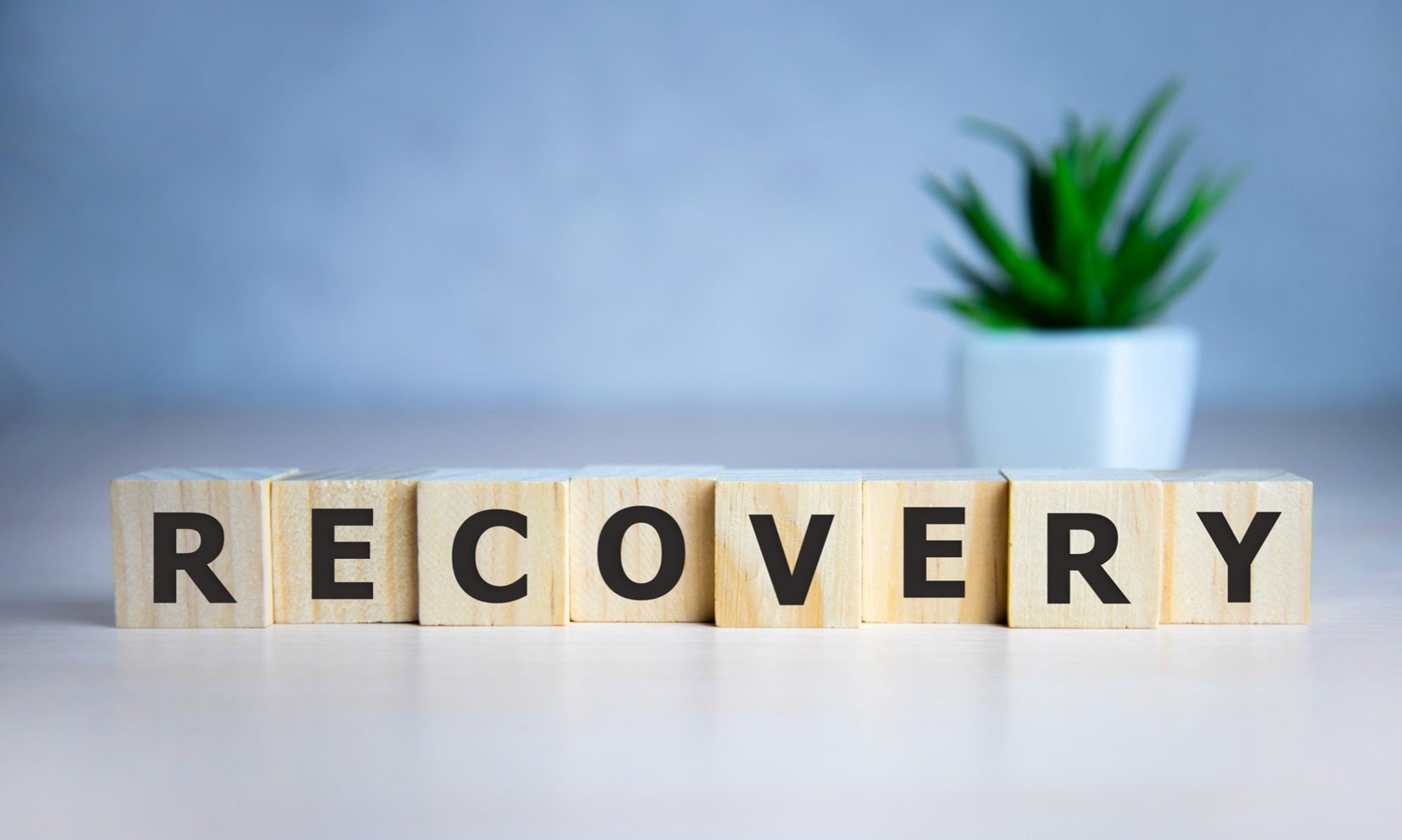One thing I have learned over the last few years regarding recovery is this: If you do not want to get well, there is nothing anyone can do for you. I have a rule that I live by. If I want you to be sober more than you want to be sober, then I will wait until you are ready.
I believe that having an accountability partner is important to staying sober. I used to call people when they would not call me, even though we made an agreement that they would call. Of course, when I would speak with them they would tell me they were not drinking or using, even though it was clear that they were. Why would they not call? Why would they lie? Because their motivation was not for the right reason. They were trying to fix their “back problem”, meaning, they just wanted people off their backs. That is never a good reason to get sober. You have to want it. It is important to remember that we never get sober for other people. That is not lasting sobriety.
![]()
